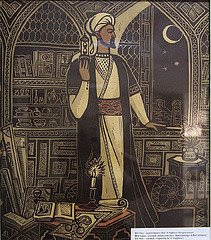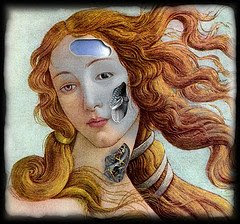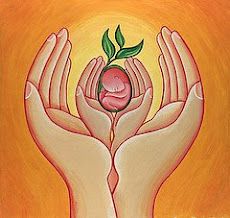See teacher's notes
2. Consider the following issues and decide whether they are right or wrong:
There are no right or wrong answers at this stage - only points of view.
3.Why is it hard to decide whether these things are right or wrong?
This question is answered by Margaret Somerville in the extracts provided, but first here are some answers provided by students:
- Because the consequences of these things are hard to predict.
- Because societies are multicultural and ther is no one standard.
- The individual counts, and as everyone values differently it is very hard to decide.
There has been a breakdown of what Somerville calls the 'shared story'. That is, in modern secular multicultural democracies no single world view dominates. Therefore, it is hard to make ethical decisions that will satisify all members of society. Somerville explains this in Extract A in the reading comprehension. You will find that most students come to this very quickly.
4. Nowadays people seem to be preoccupied with ethics, both in the sciences and in the rest of society (Toulouse, 2006; Somerville, 2006). Why do you think this is so?
Somerville explains in Extract A in the reading comprehension that science and technology has brought us to a position where we can change the nature of humanity and destroy ourselves. There is an urgent need to restrict research for our own protection. Students answers are often close to those given by Toulouse and Somerville.
Readings
Somerville proposes that a universal ethics can be created by accepting two universal values:
"First, we must always act to ensure profound respect for all life, in particular, human life; second we must protect the human spirit."
Return to:
Is it Right? Introducing Margaret Somerville
References
Distinction between morality and ethics -philosophyblog.au.com
Gent, B http://plato.stanford.edu/entries/morality-definition/
UNESCO(2003) COMEST -Report of the working group on the teaching of ethics. pp.29







+II+-+socialist+art+by+night+_eulen.jpg)








